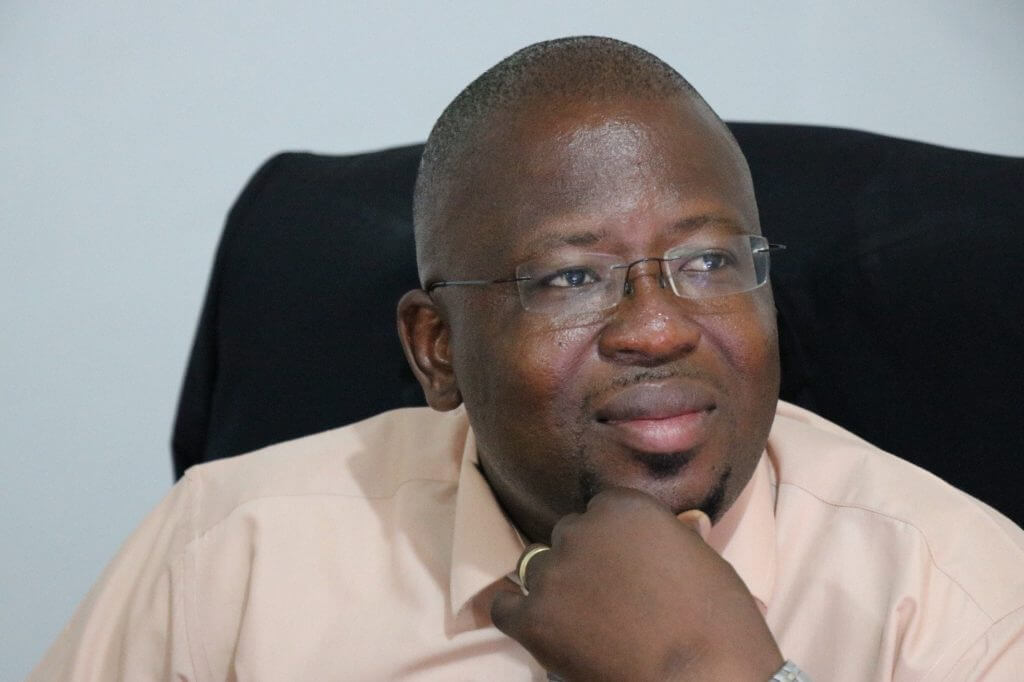The new 3-tier scheme took off in January 2010 when contribution deduction began. The first two years saw the contributions remitted to SSNIT. However, from the 2012, private trustees began to take over the collection and management of the contributions. These are the mandatory 2nd tier and voluntary 3rd tier schemes. They are to provide a private pension benefit to pensioners in the form of lump sums. This means SSNIT is no longer paying lump sums to pensioners but only monthly pensions. The law allowed the first ten years for the first crop of mandatory payments. These were persons aged below 50 years. Ten years on, they now turn 60 and are qualified to receive the lump sum under the mandatory 2nd tier.
PRIVATE PENSION PROCEEDS
Though proceeds from private pensions are largely unguaranteed they are known to be efficient. It could offer quite scary moments if service providers have not diligently taken good care of the funds. However, it looks like the industry has done well, especially in the face of the financial sector collapses. Pension funds have held their mettle against that wind. Regulators have done a good job keeping service providers in check.
THE ISSUES
The issues at stake are the relatively short time of ten years which this ‘transitional’ generation had to contribute. This has brought the discussion whether they would receive a ‘top up’ lump sum from SSNIT in the form of past credit. The argument is that they have contributed for a long time and if they were to receive a lump sum from SSNIT, it would have been far better than what the last ten years of contribution would yield to them. The pension group FORUM is engaging SSNIT on how that should be handled. They are right though, but any such ‘unpaid’ lump sum that is due them would be expected to be commuted into their monthly pension payment. Thus, the monthly payments would be higher.
INVESTING THE LUMP SUMS
Another issue is where these pensioners invest their lumps. Considering recent events in the financial sector and dip in confidence, pensioners investing their lump sums would be in a puzzle. Pensioners should only seek advice.

Speaking to Ghana Talks Business, the CEO of Ecocapital Investment, Mr. Dela Agbo, indicated the need for pensioners to seek advice. ‘The era where investors just dump money into instruments without adequate information is over’, he said. Having been in the business for over a decade, Ecocapital has quietly but successfully served the public in this regard. He said, ‘their research and investment management capabilities are key to such a situation. Pensioners, their friends and families may not have adequate tools to research the market and advice their loved ones. Pensioners should therefore seek advice on how to invest their lump sums to ensure the money last them a lifetime’.
PREPAREDNESS FOR THE LUMP SUM
Pensioners should be prepared for the lump sum payment. Most often the lump sums of pensioners have not lasted a lifetime. It is just the way people have not planned for such windfalls. Dela again advised that, the pensioners need to have a plan before they receive the money and not after.











